Jean P. Gonçalves, Sandra M. Aluisio, Leandro H. M. de Oliveira (auth.), James C. Lester, Rosa Maria Vicari, Fábio Paraguaçu (eds.)3540229485, 9783540229483, 9783540301394
The 73 revised full papers and 39 poster papers presented together with abstracts of invited talks, panels, and workshops were carefully reviewed and selected from over 180 submissions. The papers are organized in topical sections on adaptive testing, affect, architectures for ITS, authoring systems, cognitive modeling, collaborative learning, natural language dialogue and discourse, evaluation, machine learning in ITS, pedagogical agents, student modeling, and teaching and learning strategies.
Table of contents :
Front Matter….Pages –
A Learning Environment for English for Academic Purposes Based on Adaptive Tests and Task-Based Systems….Pages 1-11
A Model for Student Knowledge Diagnosis Through Adaptive Testing….Pages 12-21
A Computer-Adaptive Test That Facilitates the Modification of Previously Entered Responses: An Empirical Study….Pages 22-33
An Autonomy-Oriented System Design for Enhancement of Learner’s Motivation in E-learning….Pages 34-44
Inducing Optimal Emotional State for Learning in Intelligent Tutoring Systems….Pages 45-54
Evaluating a Probabilistic Model of Student Affect….Pages 55-66
Politeness in Tutoring Dialogs: “Run the Factory, That’s What I’d Do”….Pages 67-76
Providing Cognitive and Affective Scaffolding Through Teaching Strategies: Applying Linguistic Politeness to the Educational Context….Pages 77-86
Knowledge Representation Requirements for Intelligent Tutoring Systems….Pages 87-97
Coherence Compilation: Applying AIED Techniques to the Reuse of Educational TV Resources….Pages 98-107
The Knowledge Like the Object of Interaction in an Orthopaedic Surgery-Learning Environment….Pages 108-117
Towards Qualitative Accreditation with Cognitive Agents….Pages 118-127
Integrating Intelligent Agents, User Models, and Automatic Content Categorization in a Virtual Environment….Pages 128-139
EASE: Evolutional Authoring Support Environment….Pages 140-149
Selecting Theories in an Ontology-Based ITS Authoring Environment….Pages 150-161
Opening the Door to Non-programmers: Authoring Intelligent Tutor Behavior by Demonstration….Pages 162-174
Acquisition of the Domain Structure from Document Indexes Using Heuristic Reasoning….Pages 175-186
Role-Based Specification of the Behaviour of an Agent for the Interactive Resolution of Mathematical Problems….Pages 187-196
Lessons Learned from Authoring for Inquiry Learning: A Tale of Authoring Tool Evolution….Pages 197-206
The Role of Domain Ontology in Knowledge Acquisition for ITSs….Pages 207-216
Combining Heuristics and Formal Methods in a Tool for Supporting Simulation-Based Discovery Learning….Pages 217-226
Toward Tutoring Help Seeking….Pages 227-239
Why Are Algebra Word Problems Difficult? Using Tutorial Log Files and the Power Law of Learning to Select the Best Fitting Cognitive Model….Pages 240-250
Towards Shared Understanding of Metacognitive Skill and Facilitating Its Development….Pages 251-261
Analyzing Discourse Structure to Coordinate Educational Forums….Pages 262-272
Intellectual Reputation to Find an Appropriate Person for a Role in Creation and Inheritance of Organizational Intellect….Pages 273-284
Learners’ Roles and Predictable Educational Benefits in Collaborative Learning….Pages 285-294
Redefining the Turn-Taking Notion in Mediated Communication of Virtual Learning Communities….Pages 295-304
Harnessing P2P Power in the Classroom….Pages 305-314
Analyzing On-Line Collaborative Dialogues: The OXEnTCHÊ–Chat ….Pages 315-324
A Tool for Supporting Progressive Refinement of Wizard-of-Oz Experiments in Natural Language….Pages 325-335
Tactical Language Training System: An Interim Report….Pages 336-345
Combining Competing Language Understanding Approaches in an Intelligent Tutoring System….Pages 346-357
Evaluating Dialogue Schemata with the Wizard of Oz Computer-Assisted Algebra Tutor….Pages 358-367
Spoken Versus Typed Human and Computer Dialogue Tutoring….Pages 368-379
Linguistic Markers to Improve the Assessment of Students in Mathematics: An Exploratory Study….Pages 380-389
Advantages of Spoken Language Interaction in Dialogue-Based Intelligent Tutoring Systems….Pages 390-400
CycleTalk: Toward a Dialogue Agent That Guides Design with an Articulate Simulator….Pages 401-411
DReSDeN: Towards a Trainable Tutorial Dialogue Manager to Support Negotiation Dialogues for Learning and Reflection….Pages 412-422
Combining Computational Models of Short Essay Grading for Conceptual Physics Problems….Pages 423-431
From Human to Automatic Summary Evaluation….Pages 432-442
Evaluating the Effectiveness of a Tutorial Dialogue System for Self-Explanation….Pages 443-454
Student Question-Asking Patterns in an Intelligent Algebra Tutor….Pages 455-467
Web-Based Intelligent Multimedia Tutoring for High Stakes Achievement Tests….Pages 468-477
Can Automated Questions Scaffold Children’s Reading Comprehension?….Pages 478-490
Web-Based Evaluations Showing Differential Learning for Tutorial Strategies Employed by the Ms. Lindquist Tutor….Pages 491-500
The Impact of Why/AutoTutor on Learning and Retention of Conceptual Physics….Pages 501-510
ITS Evaluation in Classroom: The Case of Ambre-AWP….Pages 511-520
Implicit Versus Explicit Learning of Strategies in a Non-procedural Cognitive Skill….Pages 521-530
Detecting Student Misuse of Intelligent Tutoring Systems….Pages 531-540
Applying Machine Learning Techniques to Rule Generation in Intelligent Tutoring Systems….Pages 541-553
A Category-Based Self-Improving Planning Module….Pages 554-563
AgentX: Using Reinforcement Learning to Improve the Effectiveness of Intelligent Tutoring Systems….Pages 564-572
An Intelligent Tutoring System Based on Self-Organizing Maps – Design, Implementation and Evaluation….Pages 573-579
Modeling the Development of Problem Solving Skills in Chemistry with a Web-Based Tutor….Pages 580-591
Pedagogical Agent Design: The Impact of Agent Realism, Gender, Ethnicity, and Instructional Role….Pages 592-603
Designing Empathic Agents: Adults Versus Kids….Pages 604-613
RMT: A Dialog-Based Research Methods Tutor With or Without a Head….Pages 614-623
Using Knowledge Tracing to Measure Student Reading Proficiencies….Pages 624-634
The Massive User Modelling System (MUMS)….Pages 635-645
An Open Learner Model for Children and Teachers: Inspecting Knowledge Level of Individuals and Peers….Pages 646-655
Scaffolding Self-Explanation to Improve Learning in Exploratory Learning Environments…..Pages 656-667
Metacognition in Interactive Learning Environments: The Reflection Assistant Model….Pages 668-677
Predicting Learning Characteristics in a Multiple Intelligence Based Tutoring System….Pages 678-688
Alternative Views on Knowledge: Presentation of Open Learner Models….Pages 689-698
Modeling Students’ Reasoning About Qualitative Physics: Heuristics for Abductive Proof Search….Pages 699-709
From Errors to Conceptions – An approach to Student Diagnosis….Pages 710-719
Discovering Intelligent Agent : A Tool for Helping Students Searching a Library….Pages 720-729
Developing Learning by Teaching Environments That Support Self-Regulated Learning….Pages 730-740
Adaptive Interface Methodology for Intelligent Tutoring Systems….Pages 741-750
Implementing Analogies in an Electronic Tutoring System….Pages 751-761
Towards Adaptive Generation of Faded Examples….Pages 762-771
A Multi-dimensional Taxonomy for Automating Hinting….Pages 772-781
Inferring Unobservable Learning Variables from Students’ Help Seeking Behavior….Pages 782-784
The Social Role of Technical Personnel in the Deployment of Intelligent Tutoring Systems….Pages 785-787
Intelligent Tools for Cooperative Learning in the Internet….Pages 788-790
A Plug-in Based Adaptive System: SAAW….Pages 791-793
Helps and Hints for Learning with Web Based Learning Systems: The Role of Instructions….Pages 794-796
Intelligent Learning Environment for Film Reading in Screening Mammography….Pages 797-799
Reuse of Collaborative Knowledge in Discussion Forums….Pages 800-802
A Module-Based Software Framework for E-learning over Internet Environment….Pages 803-805
Improving Reuse and Flexibility in Multiagent Intelligent Tutoring System Development Based on the COMPOR Platform….Pages 806-808
Towards an Authoring Methodology in Large-Scale E-learning Environments on the Web….Pages 809-811
ProPAT: A Programming ITS Based on Pedagogical Patterns….Pages 812-814
AMANDA: An ITS for Mediating Asynchronous Group Discussions….Pages 815-817
An E-learning Environment in Cardiology Domain….Pages 818-820
Mining Data and Providing Explanation to Improve Learning in Geosimulation….Pages 821-823
A Web-Based Adaptive Educational System Where Adaptive Navigation Is Guided by Experience Reuse….Pages 824-826
Improving Knowledge Representation, Tutoring, and Authoring in a Component-Based ILE….Pages 827-829
A Novel Hybrid Intelligent Tutoring System and Its Use of Psychological Profiles and Learning Styles….Pages 830-832
Using the Web-Based Cooperative Music Prototyping Environment CODES in Learning Situations….Pages 833-835
A Multi-agent Approach to Providing Different Forms of Assessment in a Collaborative Learning Environment….Pages 836-838
The Overlaying Roles of Cognitive and Information Theories in the Design of Information Access Systems….Pages 839-841
A Personalized Information Retrieval Service for an Educational Environment….Pages 842-844
Optimal Emotional Conditions for Learning with an Intelligent Tutoring System….Pages 845-847
FlexiTrainer: A Visual Authoring Framework for Case-Based Intelligent Tutoring Systems….Pages 848-850
Tutorial Dialog in an Equation Solving Intelligent Tutoring System….Pages 851-853
A Metacognitive ACT-R Model of Students’ Learning Strategies in Intelligent Tutoring Systems….Pages 854-856
Promoting Effective Help-Seeking Behavior Through Declarative Instruction….Pages 857-859
Supporting Spatial Awareness in Training on a Telemanipulator in Space….Pages 860-863
Validating DynMap as a Mechanism to Visualize the Student’s Evolution Through the Learning Process….Pages 864-866
Qualitative Reasoning in Education of Deaf Students: Scientific Education and Acquisition of Portuguese as a Second Language….Pages 867-869
A Qualitative Model of Daniell Cell for Chemical Education….Pages 870-872
Student Representation Assisting Cognitive Analysis….Pages 873-876
An Ontology-Based Planning Navigation in Problem-Solving Oriented Learning Processes….Pages 877-879
A Formal and Computerized Modeling Method of Knowledge, User, and Strategy Models in PIModel-Tutor….Pages 880-882
SmartChat – An Intelligent Environment for Collaborative Discussions….Pages 883-885
Intelligent Learning Objects: An Agent Based Approach of Learning Objects….Pages 886-888
Using Simulated Students for Machine Learning….Pages 889-891
Towards an Analysis of How Shared Representations Are Manipulated to Mediate Online Synchronous Collaboration….Pages 892-894
A Methodology for the Construction of Learning Companions….Pages 895-897
Intelligent Learning Environment for Software Engineering Processes….Pages 898-900
Opportunities for Model-Based Learning Systems in the Human Exploration of Space….Pages 901-901
Toward Comprehensive Student Models: Modeling Meta-cognitive Skills and Affective States in ITS….Pages 902-902
Having a Genuine Impact on Teaching and Learning – Today and Tomorrow….Pages 903-903
Interactively Building a Knowledge Base for a Virtual Tutor….Pages 904-904
Ontological Engineering and ITS Research….Pages 905-905
Agents Serving Human Learning….Pages 906-906
Panels….Pages 907-907
Workshop on Modeling Human Teaching Tactics and Strategies….Pages 908-908
Workshop on Analyzing Student-Tutor Interaction Logs to Improve Educational Outcomes….Pages 909-909
Workshop on Grid Learning Services….Pages 910-910
Workshop on Distance Learning Environments for Digital Graphic Representation….Pages 911-911
Workshop on Applications of Semantic Web Technologies for E-learning….Pages 912-912
Workshop on Social and Emotional Intelligence in Learning Environments….Pages 913-913
Workshop on Dialog-Based Intelligent Tutoring Systems: State of the Art and New Research Directions….Pages 914-914
Workshop on Designing Computational Models of Collaborative Learning Interaction….Pages 915-915
Back Matter….Pages –
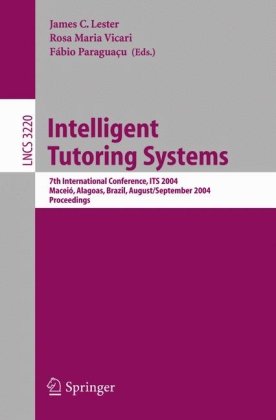
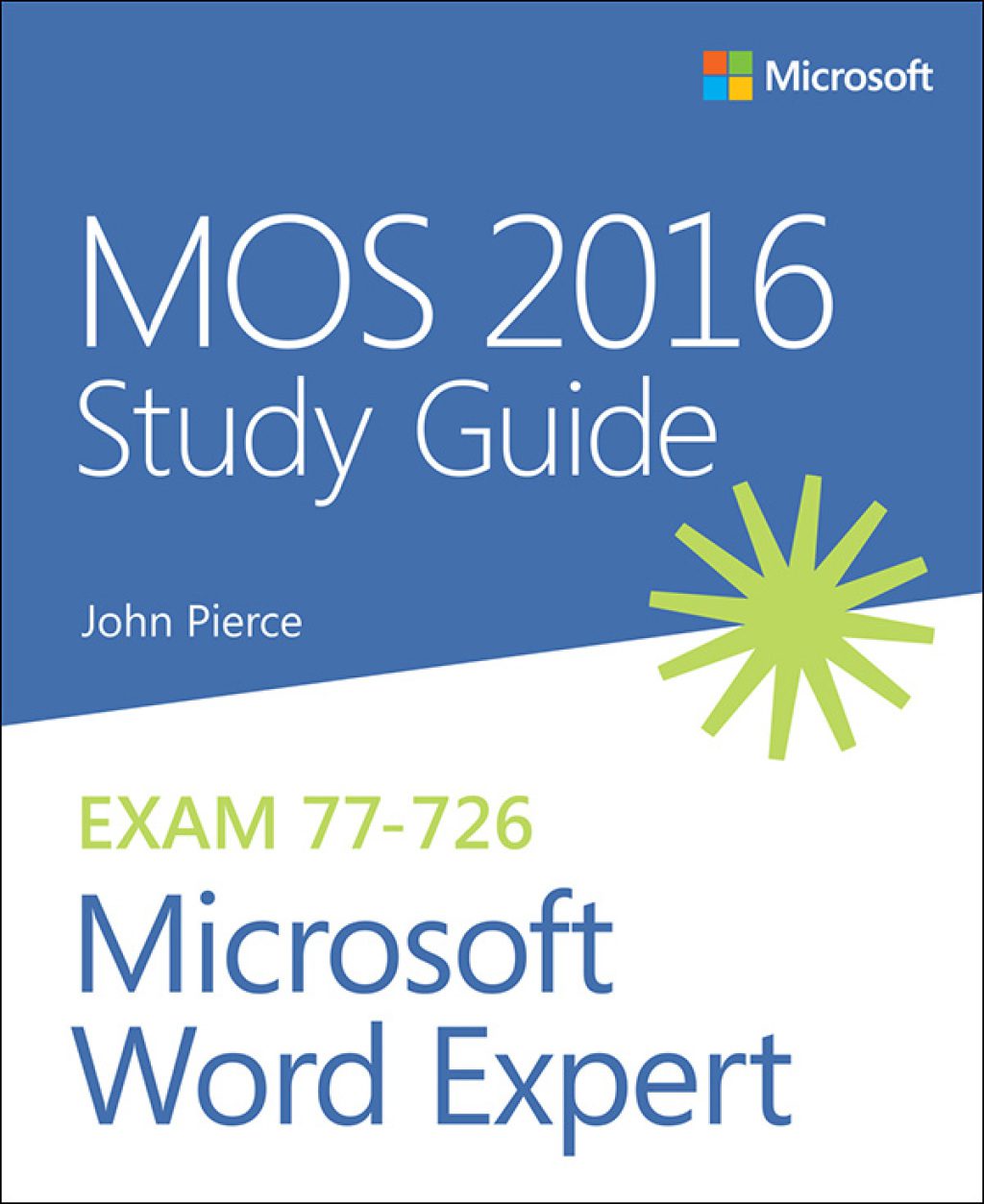

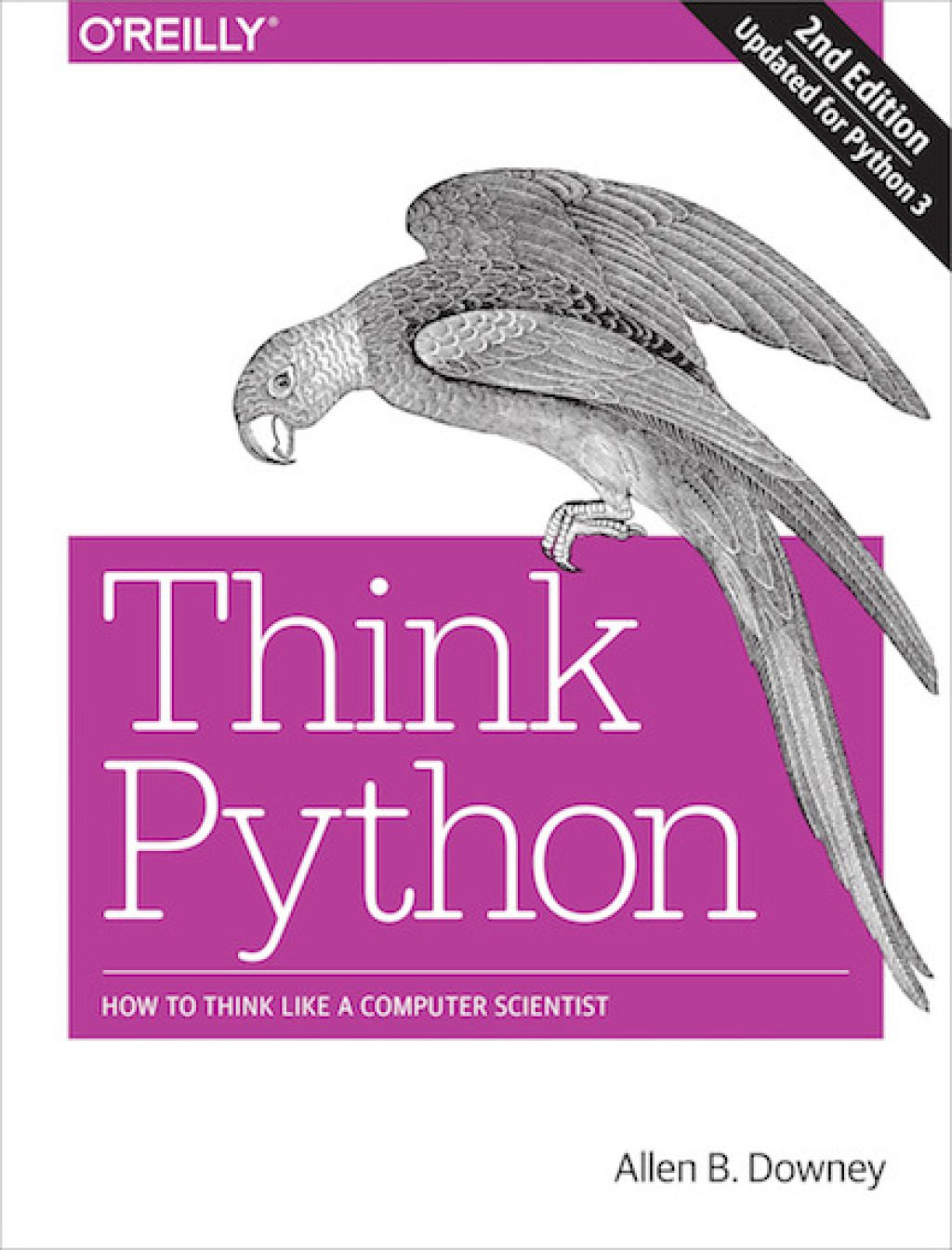
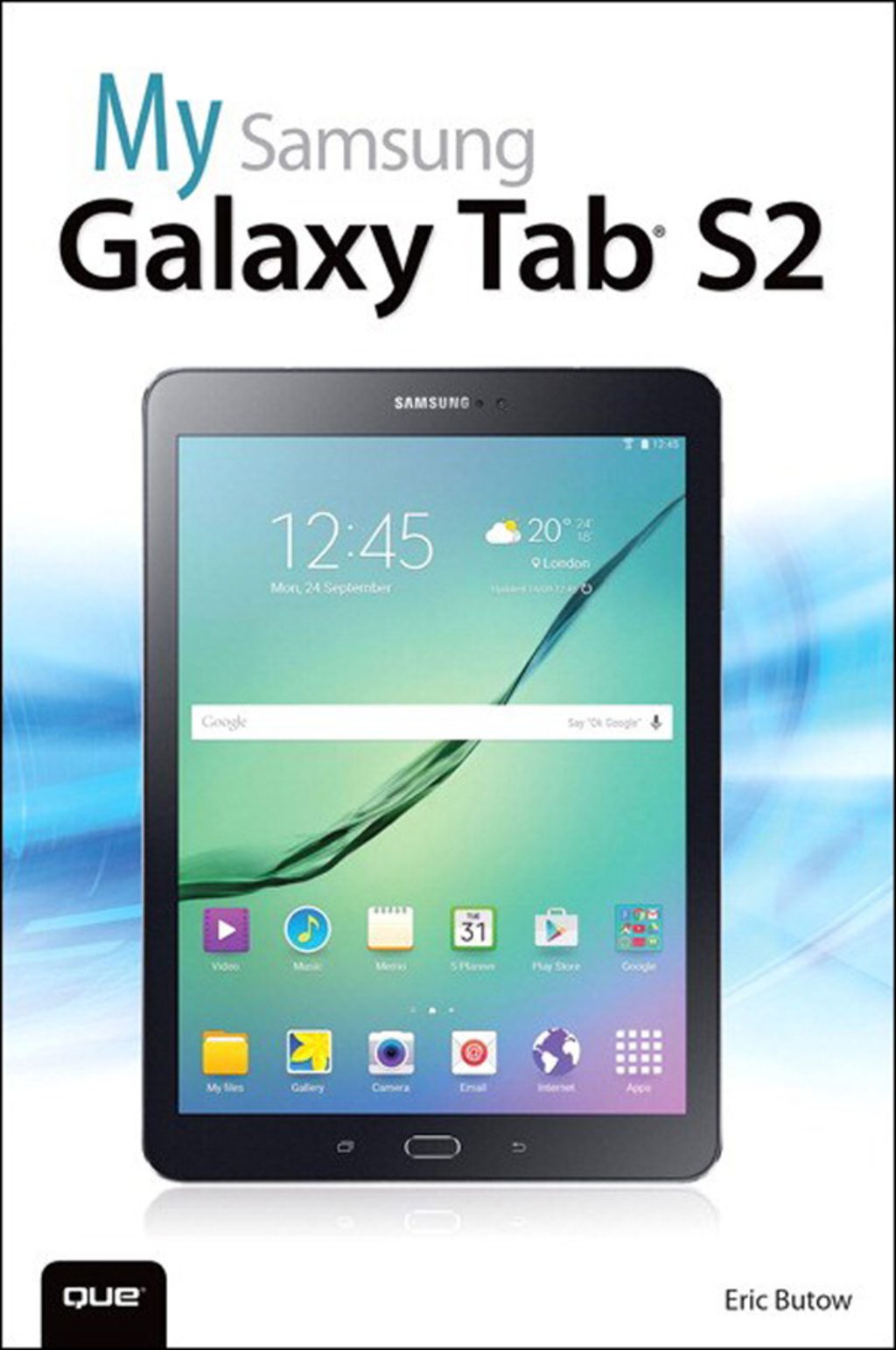
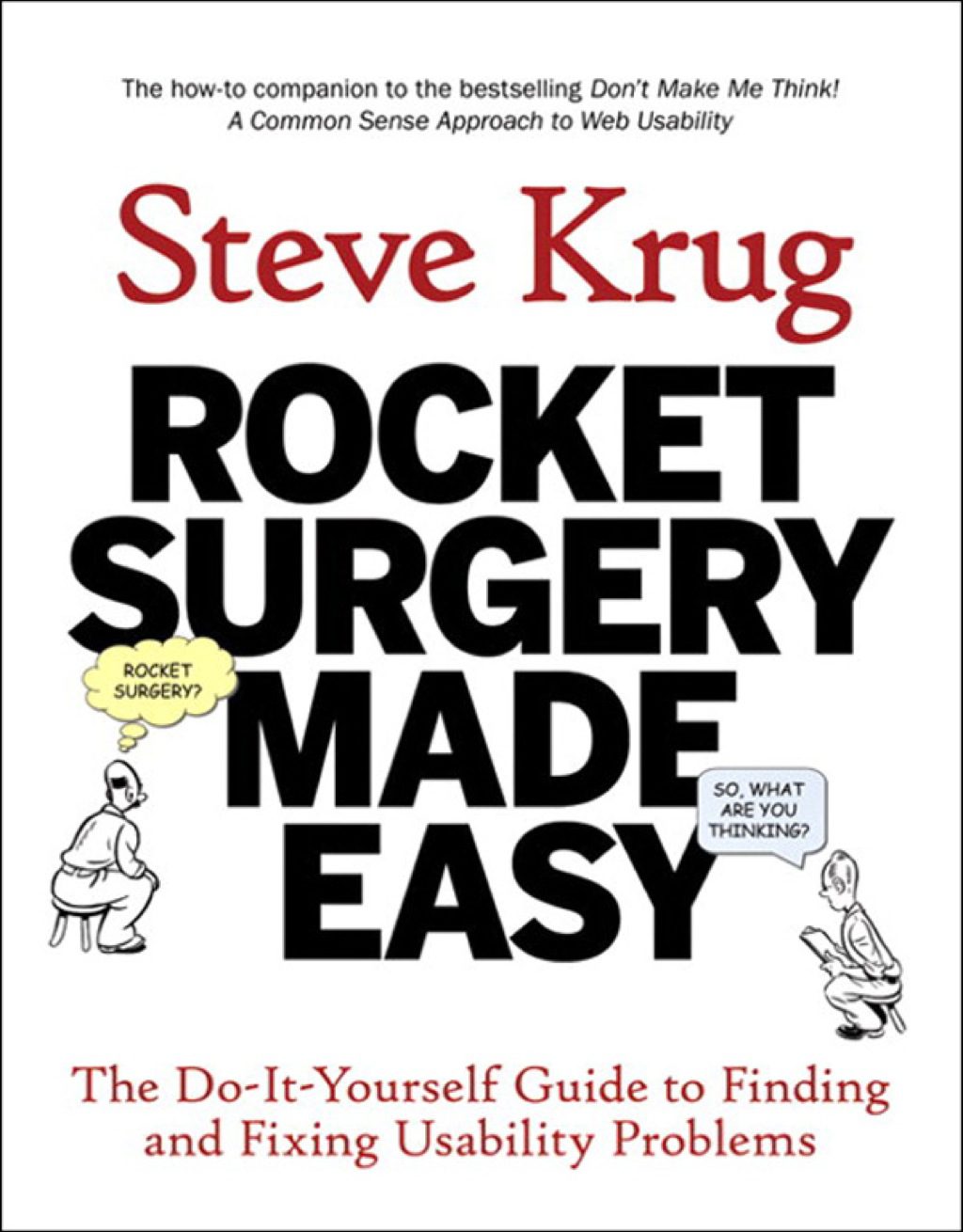
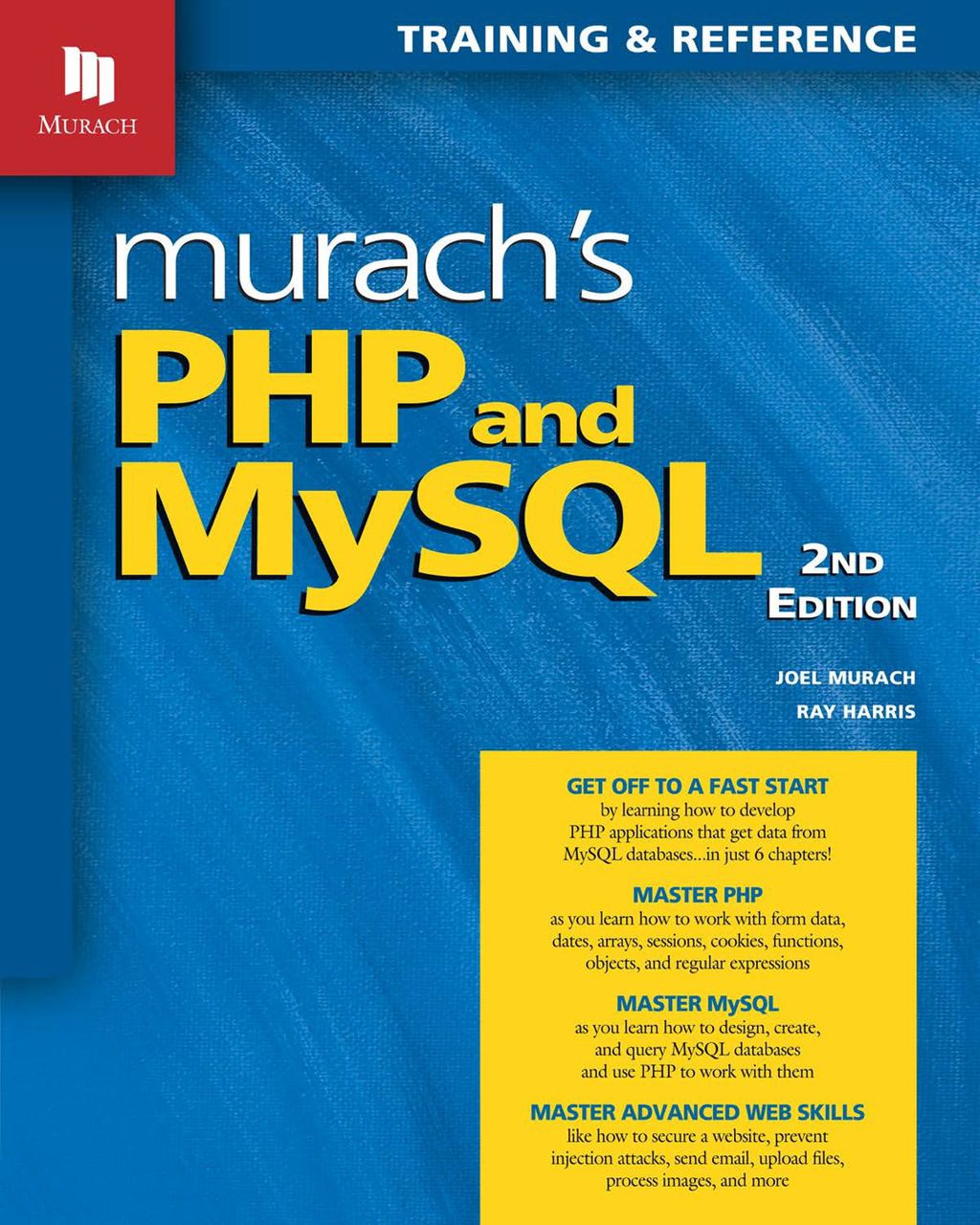
Reviews
There are no reviews yet.